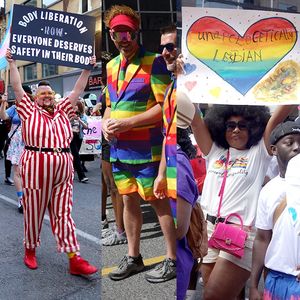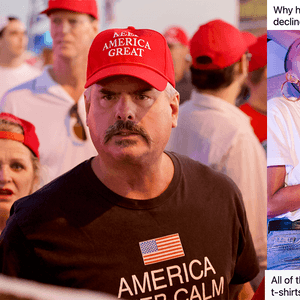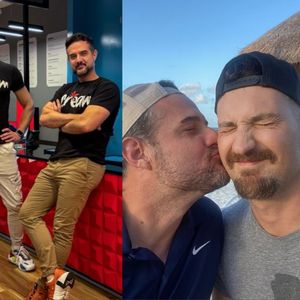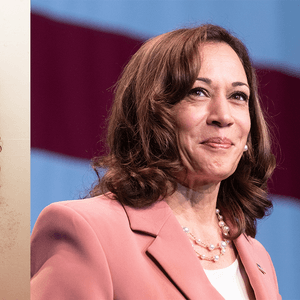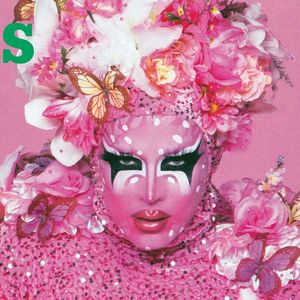A lesbian
minister should retain her ordination because revoking it
would amount to discrimination and belie the
inclusiveness the church preaches, representatives of
a Pennsylvania pastor argued Thursday before the
United Methodist Church's judicial council. The nine-member
council--seven of whom attended a hearing at
First United Methodist Church in Houston--began
deliberating the case of Irene "Beth" Stroud with
plans to rule on Monday.
Alan Symonette, who represented Stroud, said the
church is asking gays and lesbians to deny their
sexuality in order to serve as ordained ministers. "We
contend this is discrimination based on status," he
said. "This United Methodist Church is an inclusive church.
Beth Stroud has been called into the ministry."
The Reverend Thomas Hall, acting as prosecutor,
said if the council decides in Stroud's favor, it will
cause confusion throughout the denomination. "What is
at stake in this appeal is the ability of the church
to uphold its own laws," Hall said. "If we lose, everybody loses."
Robert Shoemaker, another church representative,
said the church doesn't discriminate but must have
standards for who is suited to serve as an ordained
minister. "This is a very difficult situation to be in
because there are important points being made by both
sides," said Richard Heitzenrater, who also argued for
the church. "It is part of the pains of growing into
the 21st century, but what our side has been trying to
say is that there are certain processes and procedures and guidelines."
Stroud, 35, was convicted by a church panel in
December of violating the denomination's ban on
"self-avowed, practicing homosexual" clergy. The
conviction was later overturned and then appealed to the
judicial council, the church's highest judicial body.
As Symonette argued Stroud's case before the council, Stroud
sat next to her partner in the front row of a
congregation hall. Dozens of supporters from a local
Methodist church sat behind Stroud. Many wore brightly
colored rainbow stoles or collars.
Stroud, who became an associate pastor at
Pennsylvania's First United Methodist Church of
Germantown in 1999, said she never revealed her sexual
orientation in documents related to her ordination but also
didn't keep it a secret. Stroud said she decided to
come out publicly in 2003 because she felt she was
being held back in her faith by not sharing the
complete truth about her life. A complaint was filed against
Stroud in 2004. "No one has ever questioned my
effectiveness as a minister, my gifts for service,"
she said. "So clearly my sexual orientation doesn't
affect my effectiveness as a minister. So to me, that makes
it clear that the rules about homosexuality in the
ordained ministry are not about effectiveness in
ministry, they are about something else."
Since her ordination was revoked, Stroud said
she has experienced profound sadness and loss. "But at
the same time, I am so grateful to be out of the
closet. I am so grateful to be in a more honest
relationship with my colleagues across the board. I am so
grateful that people in my congregation now get to
know my partner, Chris," she said. "That's something
that I wouldn't give up for any price."
Hall said the impact "will be phenomenal" if the
appellate court's ruling is upheld. "We will have set
in motion a very dangerous precedent that anything
established by the highest court or the general
conference can be undermined and dismantled by the lower
courts," he said.
Stroud, who has declined reinstatement of her
credentials until the council rules, continues working
at the church in Germantown, a neighborhood in
Philadelphia. Any ruling by the council likely won't
address the larger question of whether it's proper to
exclude gays and lesbians from the ministry, she said.
Stroud said she'll remain with the United Methodist
Church and continue her work toward "the day when
those rules change."
"Sometimes I wake up in the middle of the night
kind of internalizing my opponents' perspectives and
wondering if I am right," she said. "But I have
ultimately come to a place of more confidence in the
inclusiveness that I think Jesus calls us to." (AP)













































